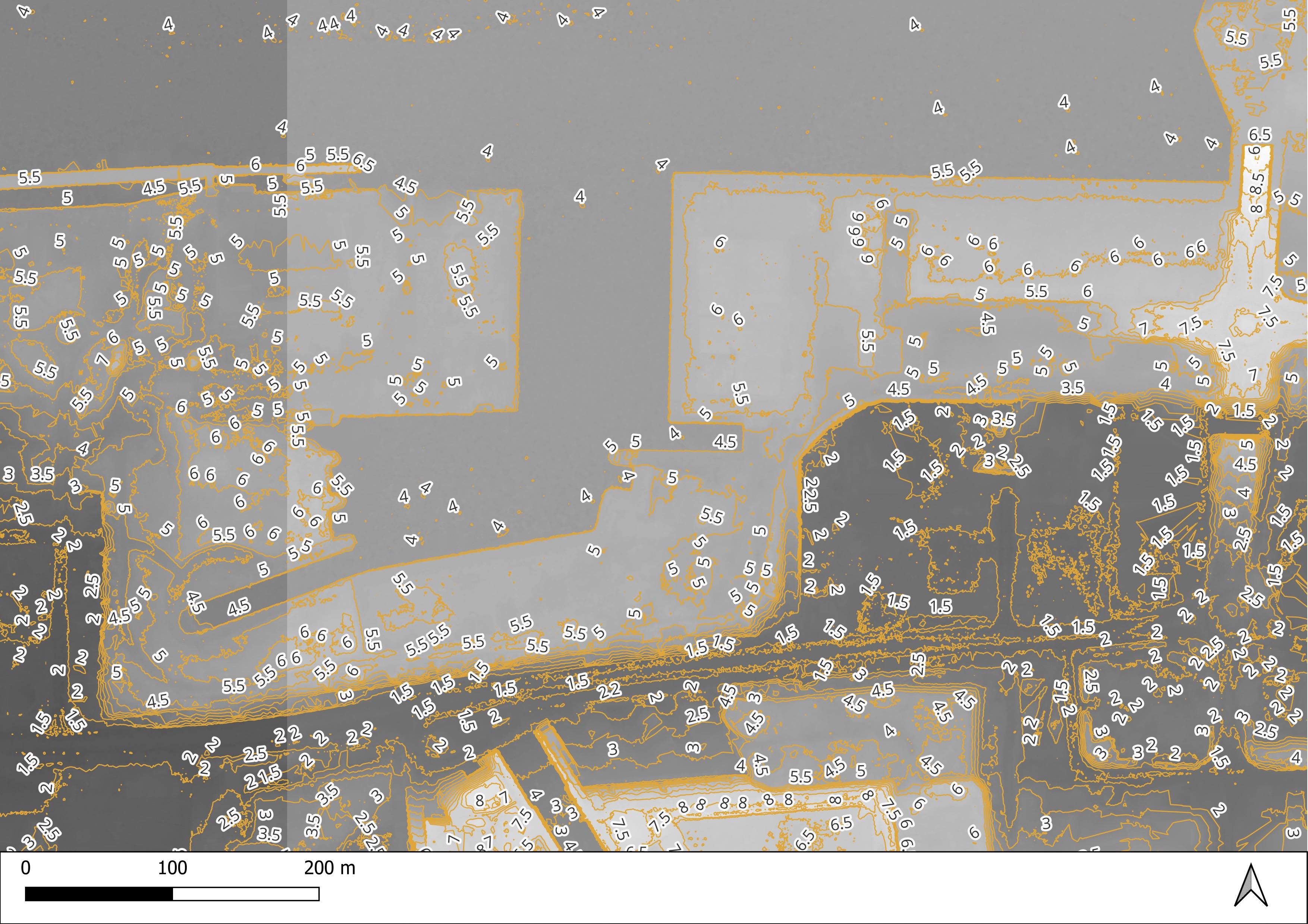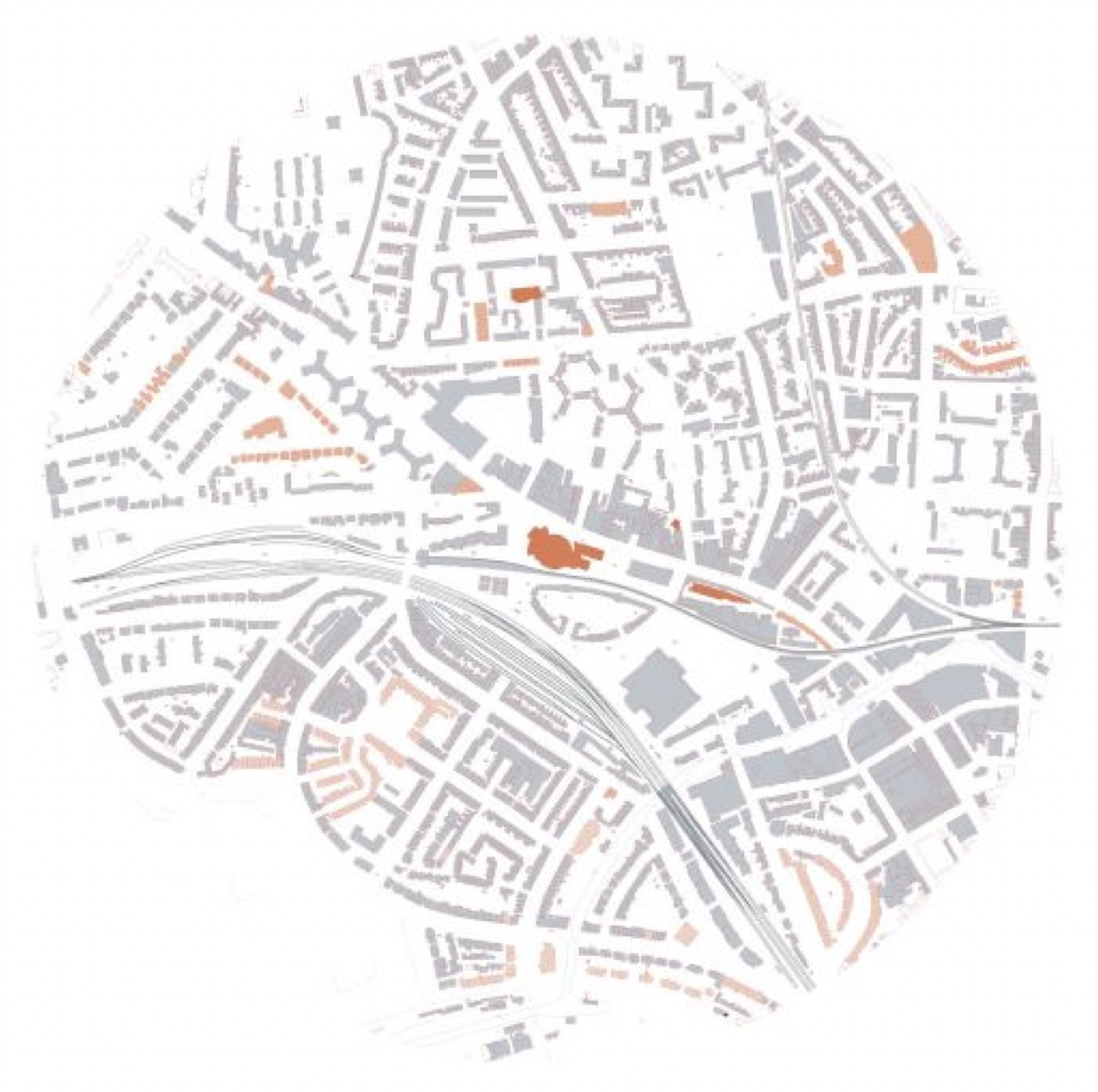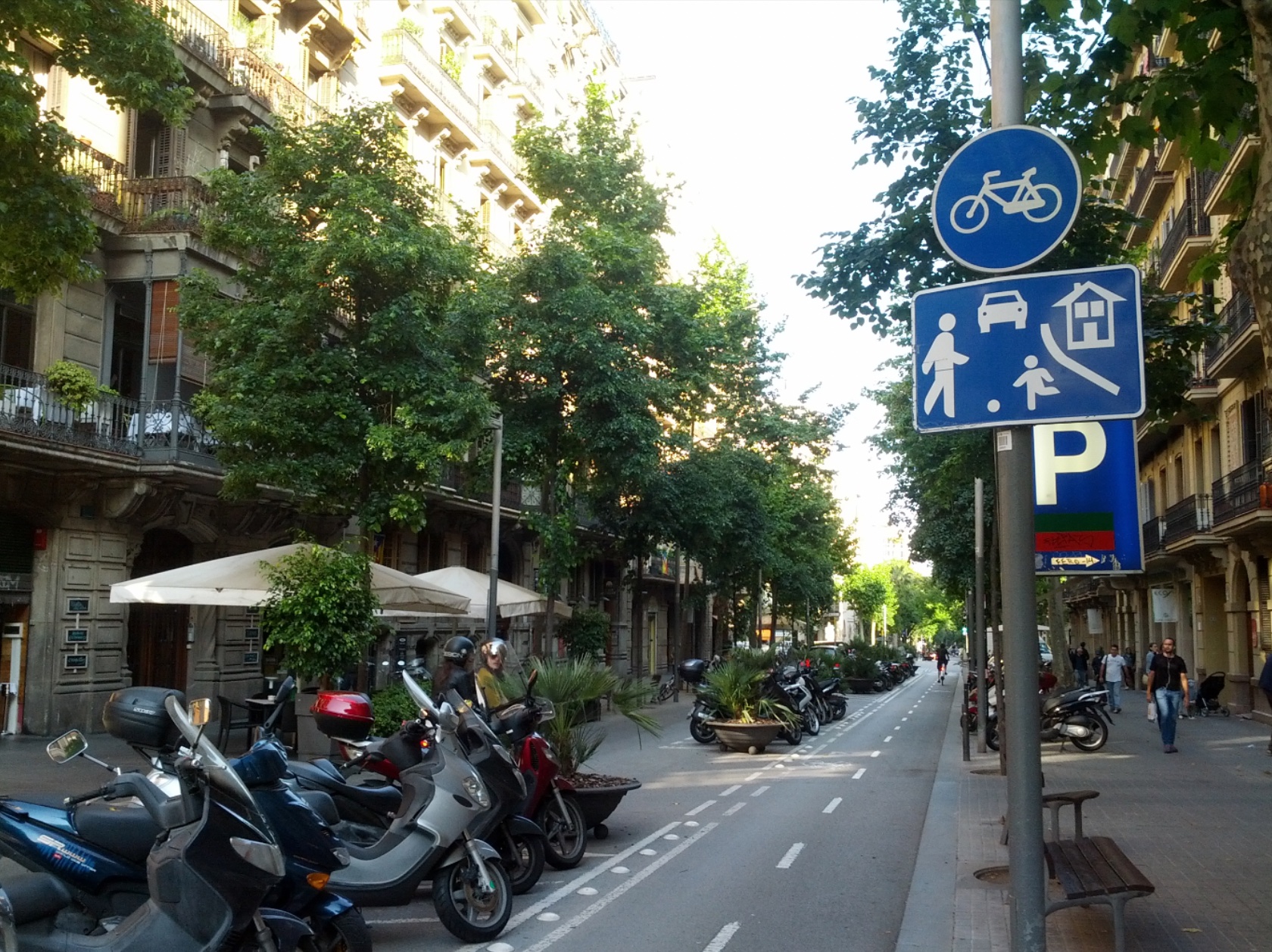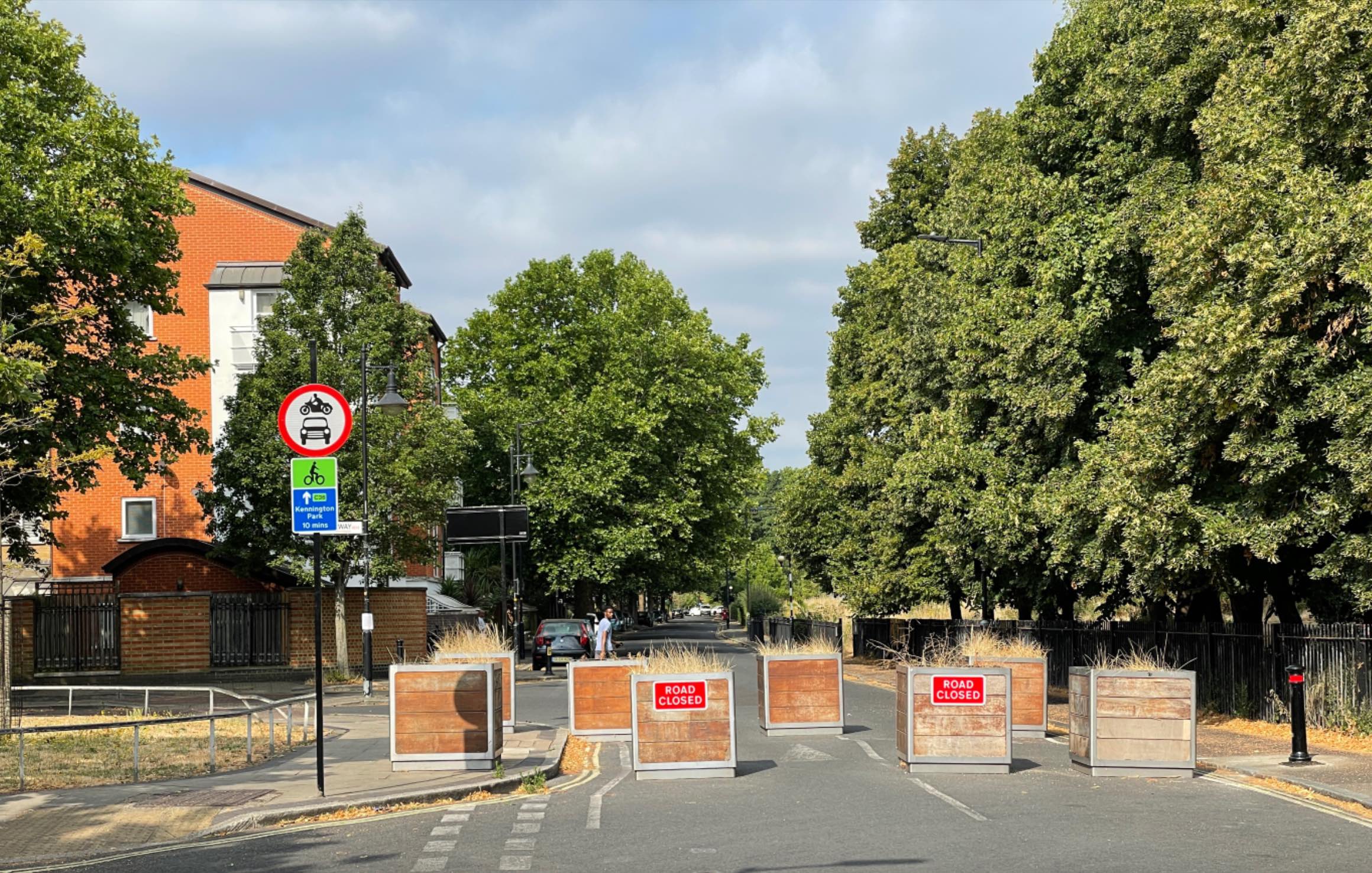MA Urban Design Private: Welcome to MORE 2022
David Mathewson (Course Leader), Roudaina Al Khani, Bill Erickson (Studio Lead), Simone Gobber, Krystallia Kamvasinou, Michael Neuman, David Seex
David Mathewson is a Senior Lecturer, with over 20 years experience as an urban designer, architectural designer and international planner currently undertaking doctoral studies in planning policy related to flooding and the link with changing urban form in Jakarta, Indonesia.
Roudaina Al Khani is an architect and urban and regional planner, and founder and director of Platforms for Sustainable Cities and Regions Ltd.
Bill Erickson is Principal Lecturer. He is an architect and urban designer with research interests in digital modelling of urban development, including a focus on urban morphology.
Krystallia Kamvasinou is a Senior Lecturer and an architect and landscape architect who has published widely, and recently completed a Leverhulme Fellowship on ‘Interim Spaces and Creative Use’.
Michael Neumann is Professor of Sustainable Urbanism at the University of Westminster. He previously taught at the University of New South Wales, Australia and Texas A&M University.
David Seex has been teaching urban design and planning at Westminster for over 30 years and runs an urban design and planning consultancy.
THE MA URBAN DESIGN course at the University of Westminster provides a coherent approach to challenges facing cities today. Combining structured academic study with live design projects, it allows students to develop practical skills alongside a theoretical understanding and an informed approach to sustainable urban development. As a multidisciplinary field, it overlaps with and incorporates elements of urban and regional planning, architecture, landscape design, urban regeneration, geography, transport planning and infrastructure planning, drawing students from all these backgrounds.
Cities are at the centre of modern life, and are the places where the majority of the world’s inhabitants make their homes. They are the hubs of economic and social life and where the majority of resources are consumed. They have evolved over time with important built forms and urban profiles that attract investment while serving as cultural assets which reflect the values of their inhabitants, around whom shared experiences revolve and daily activities are shaped. This process is well understood in the West, however in a global context the pace of change is both dramatic and accelerating, creating new challenges for city design and management, particularly in the developing nations of the global south.
Drawing on the cultural and economic forces acting in the city, the Urban Design course focuses on understanding and shaping the physical setting in which these processes take place; the manner in which buildings, streets and urban spaces are combined to create distinct environments that nurture daily life, provide efficient urban systems and form memorable places valued by their inhabitants is carefully considered.
The work presented here is based on student dissertations and major design projects in which particular impacts on the design of cities are identified and how, in the light of these effects, urban form can best be adapted to current and future needs. The practice of urban design has been emerging as a distinct profession since the 1970s and is underpinned by a growing knowledge base informed by research and tested through spatial analysis and design proposal; these studies represent a critique of current responses to urban challenges and provide a unique contribution to urbanism’s body of knowledge.




